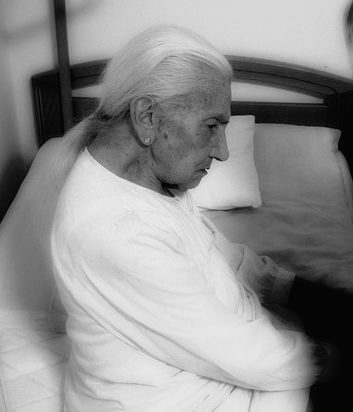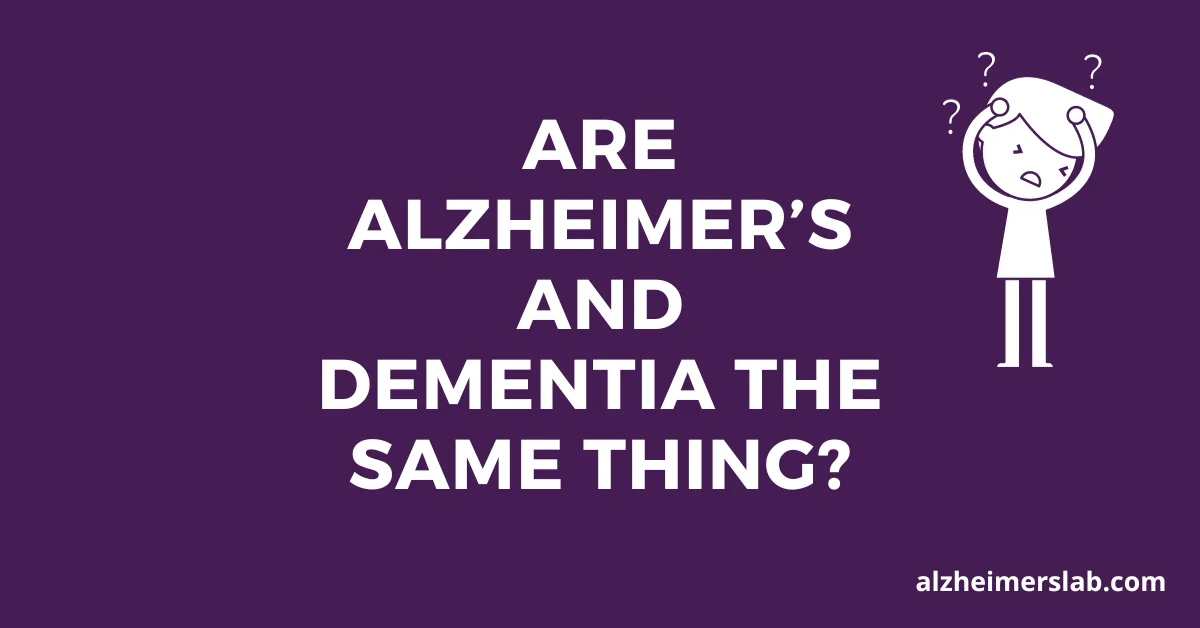Are Alzheimer’s and Dementia the Same Thing?
If you ever have heard about brain disorders like Alzheimer’s disease or dementia, you would definitely be having doubts concerning their connection to each other. Alzheimer’s disease can be treated partially to make patients’ life easy — it is important that you get it diagnosed by your general physician in the early stages—it’s true that, with proper treatment, you can mitigate some of the deadly symptoms of it.
Both Alzheimer’s and Dementia are related to memory problems but there are several hundred other diseases that can also cause ‘memory loss’. How to tell if the symptoms point to Alzheimer’s disease or something else?
Dementia is a collection of symptoms related to brain disease or brain-related injury. It’s an umbrella term and Alzheimer’s disease falls under it along with others like vascular dementia, Parkinson’s disease, etc. A lot of conditions can cause dementia, giving an appearance of Alzheimer’s disease. Your loved one might act like they have Alzheimer’s disease, but don’t jump to any conclusions until you get the test results and diagnosis.
The confusion arises due to the fact that symptoms of dementia are a lot similar to that of Alzheimer’s disease—memory loss, fatigue, depression, staying away from social interaction, disliking tasks with a lot of steps and procedures, etc—a proper diagnosis by an experienced physician is the only sure way to tell if your loved one has Alzheimer’s disease or some other form of dementia.
Let’s look at a few common dementia disorders that are not Alzheimer’s disease but have similar symptoms.
Huntington’s disease

Huntington’s disease is genetic, and the person carrying the defective gene for huntingtin protein is guaranteed to get it at some point in their life.
Proper diagnosis can tell if an individual has a defective gene or not. But it cannot predict the exact stage at which that person will start to show symptoms. The early onset symptoms are forgetfulness, muscle twitching, inability to talk clearly, lack of coordination, low mental state, etc.
Huntington’s patients have difficulty performing methodical tasks, they don’t like any task that has a lot of steps and processes in it. They get distracted very easily— if left alone, they take longer to finish meals, brush their teeth, or come back from a bathroom break— and end up getting confused by it.[1]
Whereas, Alzheimer’s patients show the debilitating effects of cognitive decline. They have difficulty in understanding why to eat food or brush their teeth, let alone finishing these mundane tasks.
Pick’s Disease
Arnold Pick, a German neurologist identified this condition in 1892 and since then, it’s called Pick’s disease. In the initial stages, it affects the frontal lobe of the patient and causes inability to speak, erratic behavior, and lack of presence of mind in certain situations.
Once the disease progresses and reaches the temporal lobe, the patient starts losing his/her memory and the symptoms start to appear a lot like Alzheimer’s.
Some other symptoms of Pick’s disease are socially inappropriate behavior, overeating, depression, poor hygiene, withdrawal from society, etc.[2]
Hence most of the people who actually have pick’s disease are mistaken for having Alzheimer’s disease and the condition worsens.
Vascular Dementia
Vascular dementia accounts for 20 percent of all dementia patients. The condition of the brain of a vascular dementia patient gets worse and worse as he/she suffers from strokes which cause multiple injuries in the brain. Eventually, all the areas of the brain begin to die(due to lack of oxygen and nutrients) and the patient gets closer to death.
Receiving poor medical treatment for diabetes, blockage in blood vessels, high cholesterol, and high blood pressure are the main causes of VD.[3]
Conclusion
Don’t go on wondering if Alzheimer’s disease and Dementia are the same things or not. Dementia is a general category of brain disorders involving cognitive decline and Alzheimer’s is one of them.

